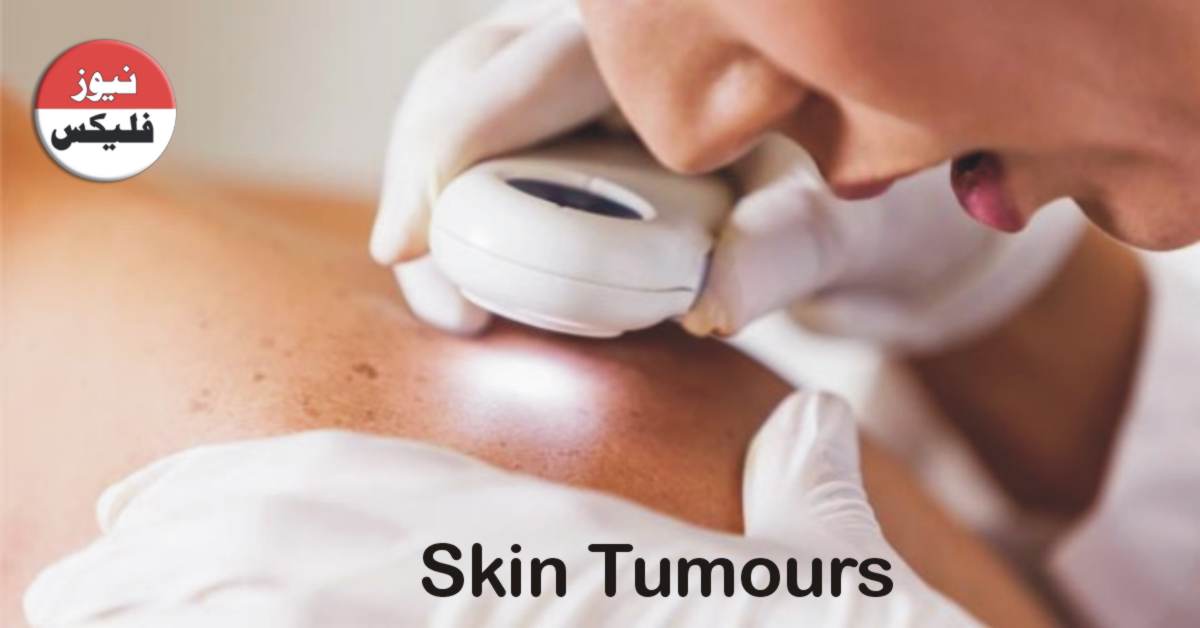
Top 10 Zinc-Rich Foods to Add to Your Diet
Do you wish to improve your general health and well-being? Zinc is one important mineral that frequently goes overlooked yet is critical to many body processes. Consuming foods high in zinc can strengthen your immune system, speed up the healing of wounds, and encourage healthy growth and development. The top 10 foods that are high in zinc that you should think about including in your daily meals are covered in this article.
Table of Contents
-
Introduction -
Why Zinc is Important for Your Body -
Recommended Daily Zinc Intake -
Zinc Deficiency: Causes and Symptoms -
Zinc Absorption: Enhancers and Inhibitors -
Top 10 Zinc-Rich Foods-
Red Meat -
Shellfish -
Legumes -
Nuts and Seeds -
Dairy Products -
Whole Grains -
Eggs -
Dark Chocolate -
Poultry -
Fortified Foods
-
-
Incorporating Zinc into Your Diet: Tips and Recipes -
Potential Side Effects of Excessive Zinc Intake -
The Bottom Line -
FAQs
Introduction
A trace mineral called zinc is essential for several bodily physiological processes. It is necessary for cell division, DNA repair, protein synthesis, and immunological function. Although it is needed in smaller amounts than other nutrients, forgetting to eat enough zinc can result in a number of health problems.
The Benefits of Zinc for Your Body
Zinc is frequently referred to as the “helper molecule” because of the numerous enzymatic activities in which it participates. It is a potent antioxidant that supports the body’s defensive mechanisms and aids in the fight against oxidative stress. In addition, zinc helps maintain healthy skin, aids in conception and pregnancy, and even enhances your senses of taste and smell.
Recommended Daily Intake of Zinc
Age, gender, and stage of life all affect the daily recommended consumption of zinc. Adult males should strive for approximately 11 milligrams (mg) per day, while adult females should aim for approximately 8 mg. Women who are pregnant or nursing could require slightly more. To maintain maximum health, it’s crucial to make sure you’re fulfilling these requirements.
Causes and symptoms of zinc deficiency
Inadequate food intake, specific medical conditions, or poor absorption can all contribute to zinc insufficiency. Delay in wound healing, hair loss, recurrent infections, and even changes in appetite are all signs of zinc deficiency. Prioritizing meals high in zinc is essential because a long-term deficiency may have more serious effects.
Enhancers and Inhibitors of Zinc Absorption
How well your body absorbs zinc is influenced by a number of variables. Protein-rich foods improve zinc absorption, whereas phytates and large quantities of calcium can hinder it. To maximize zinc absorption, balance your diet to include both enhancers and inhibitors.
Top 10 Foods High in Zinc
- Red Meat: With a high bioavailability, beef, and lamb are great sources of zinc.
- Shellfish: Oysters, crabs, and lobster are among the shellfish that are rich in zinc and provide a variety of other nutrients.
- Legumes: Beans, lentils, and chickpeas offer vegans plant-based zinc.
- Nuts and Seeds: Pumpkin seeds, pine nuts, and cashews are excellent sources of zinc for snacking.
- Dairy Products: Cheese and yogurt both include zinc in addition to calcium and protein in dairy products.
- Whole Grains: Oats and quinoa are two whole grains that help you get enough zinc.
- Eggs: Eggs are a flexible supply of zinc since the yolk contains zinc.
- Dark chocolate: Consume in moderation to get antioxidants and zinc.
- Poultry: Chicken and turkey both include lean proteins and zinc.
- Fortified Foods: Foods that have been fortified with zinc include some cereals and nutritional supplements.
Tips and Recipes for Adding Zinc to Your Diet
It’s not difficult to increase your diet’s intake of foods high in zinc. For a flavorful and nutrient-dense boost, try a chickpea and pumpkin seed salad, oyster stew, or yogurt with mixed nuts. Try out different recipes to come up with inventive ways to get the zinc you need.
Effects that an excessive zinc intake may have
Zinc is necessary, but too much of it might have negative effects. Overconsumption of zinc can cause nausea, and vomiting, and even interfere with the body’s ability to absorb other vital minerals. It’s crucial to create a balance and stay away from overdosing on supplements.
The Bottom Line
A sometimes overlooked mineral that is important for maintaining general health is zinc. Zinc-rich foods help support your immune system, speed up the healing of wounds, and encourage healthy growth and development. To benefit from zinc and other critical elements, keep in mind that a varied and balanced diet is essential.
FAQs
Can I obtain sufficient zinc only from plant-based sources?
Yes, vegetarians and vegans can receive enough zinc from legumes, nuts, seeds, and whole grains.
Are there any negative effects on one’s health from taking too much zinc?
Consuming too much zinc can cause gastric problems and hinder the absorption of copper and iron.
Can zinc pills take the place of foods high in zinc in my diet?
Whole foods are normally advised, but if your diet isn’t sufficient, supplements can be helpful.
Who is most susceptible to a zinc deficit as they age?
Elderly people, young children, pregnant women, and people with low levels of zinc are particularly vulnerable.
Can you get too much zinc from food sources that are naturally occurring?
Overdosing zinc from natural dietary sources is uncommon, but it happens more frequently from supplements.








